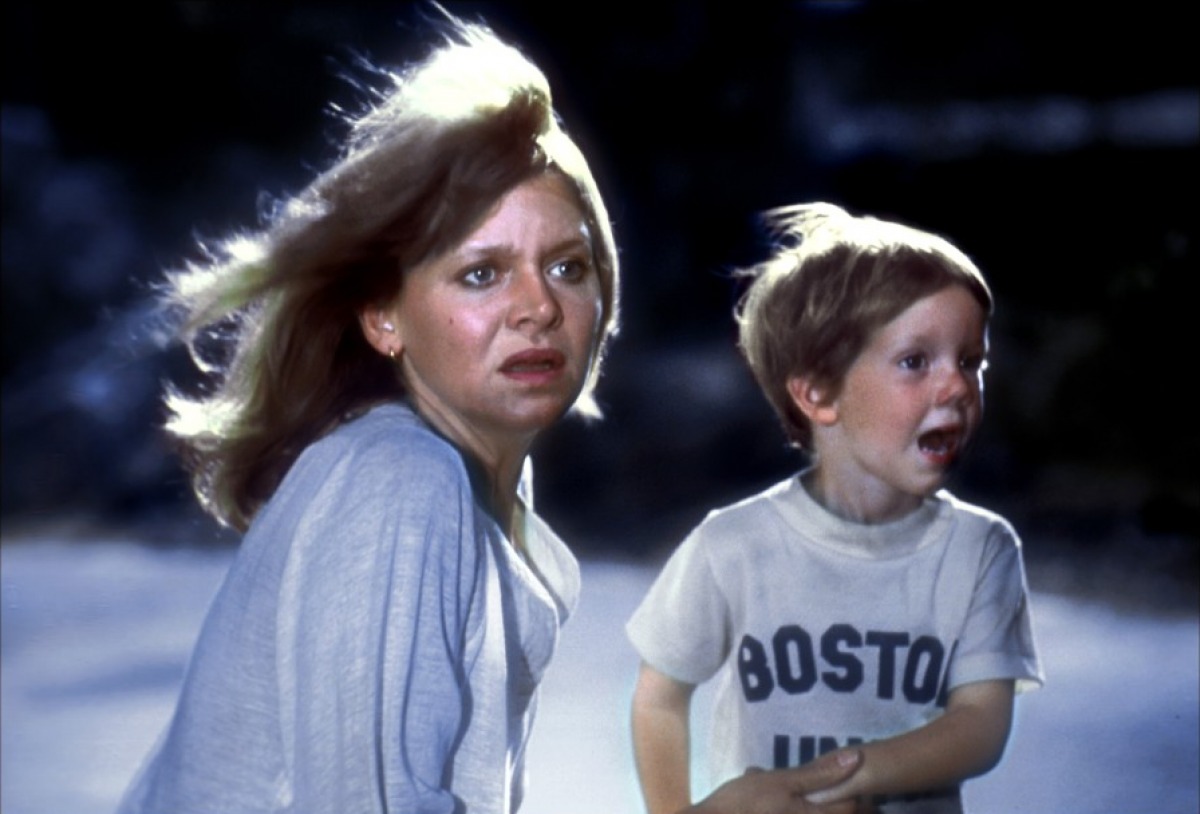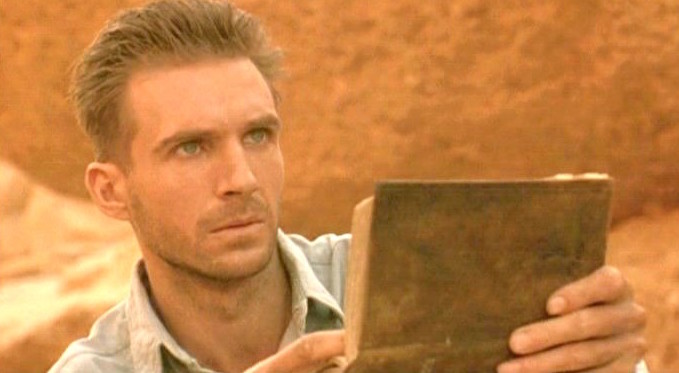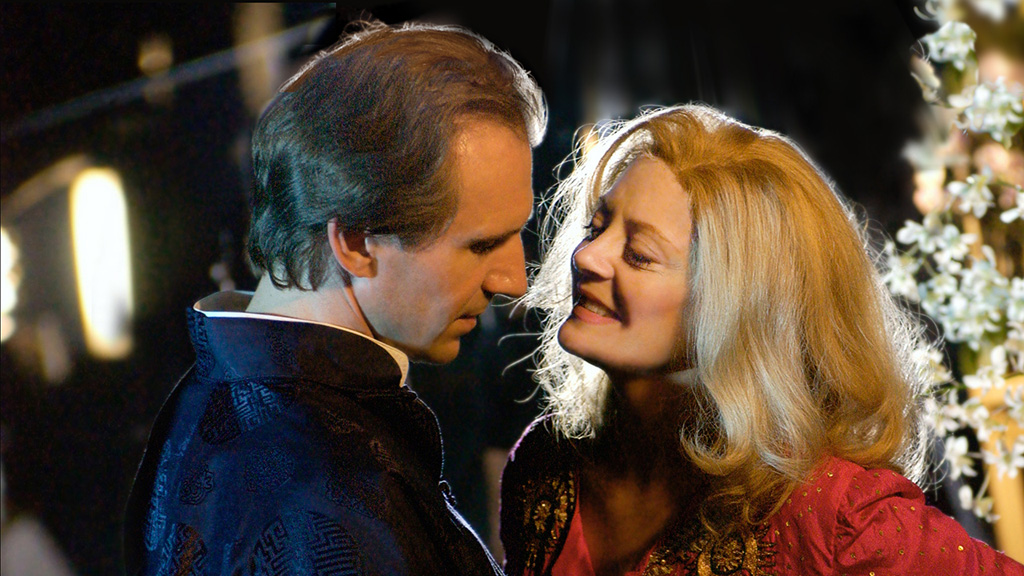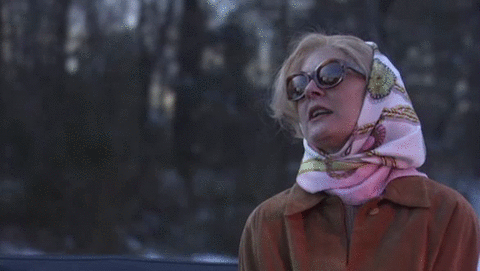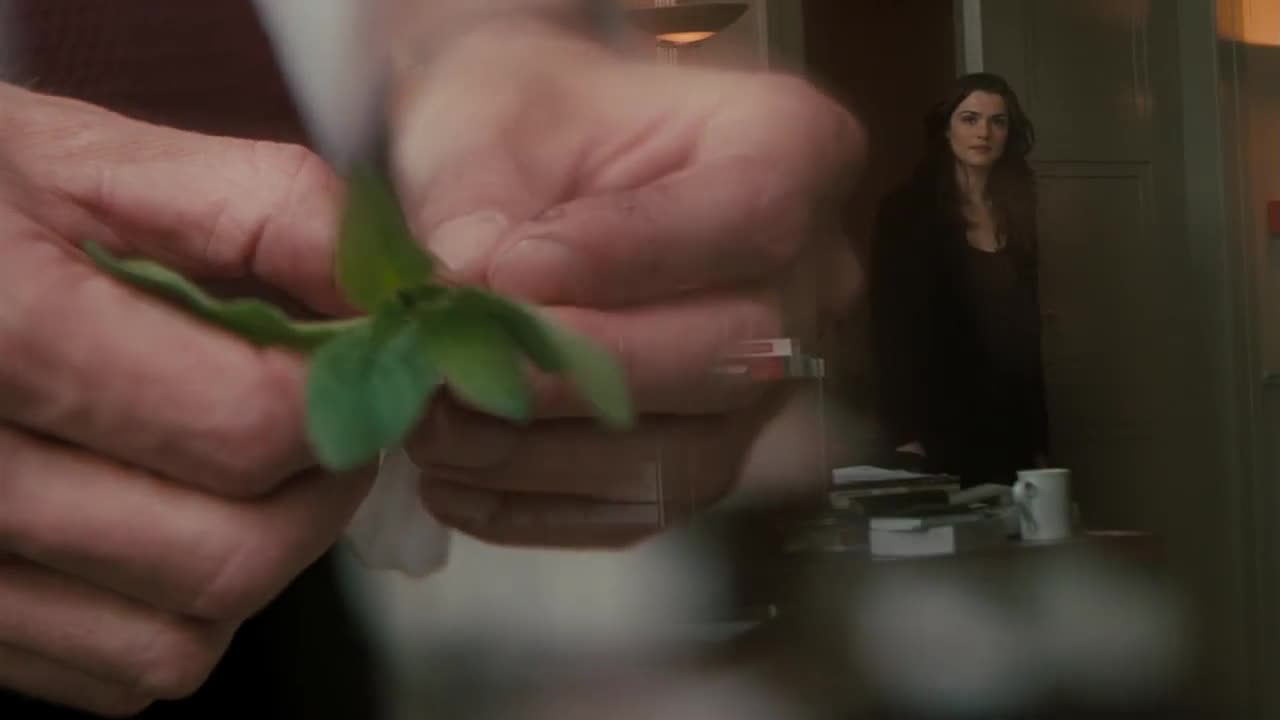Ranking the Oscar-Nominated Performances in Steven Spielberg's Films
 Monday, February 1, 2016 at 2:20PM
Monday, February 1, 2016 at 2:20PM Mark Rylance’s best supporting actor nomination for Bridge of Spies marks the 13th time a performance in a Steven Spielberg movie has been nominated for an Oscar. Which of course calls for a list, so without any further ado here's Murtada's ranking.
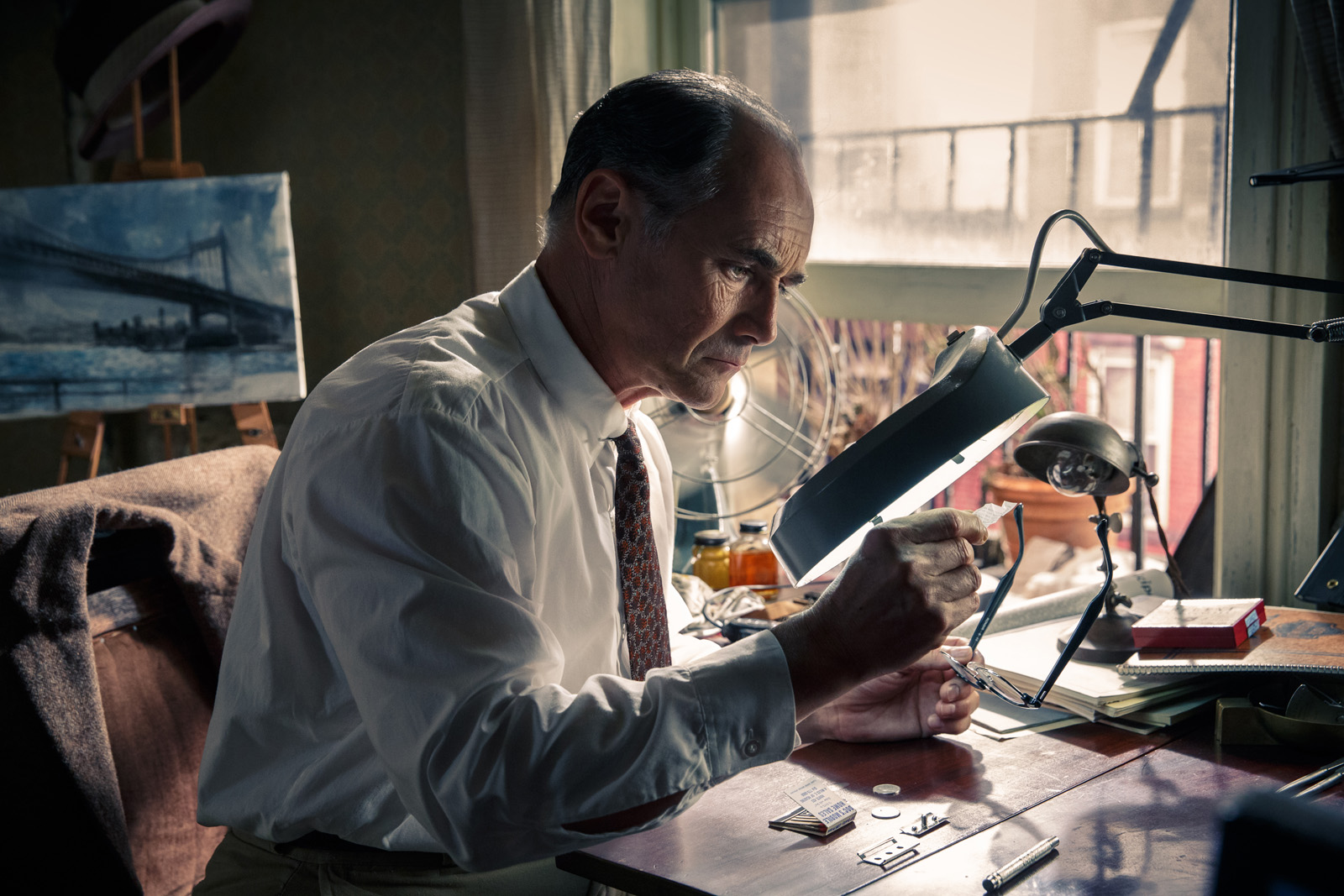
Oscar Nominated Performances in Spielberg Films Ranked
13- Anthony Hopkins - Amistad (1997)
Other Nominees: Robert Forster – Jackie Brown, Greg Kinnear – As Good as It Gets, Burt Reynolds – Boogie Nights, Robin Williams – Good Will Hunting.
Winner: Williams
Did Hopkins have a big righteous courtroom speech? Must be, because why else was this performance nominated. The only thing I remember about it is that Hopkins robbed Rupert Everett of his nomination for My Best Friend’s Wedding.
Twelve more after the jump...



